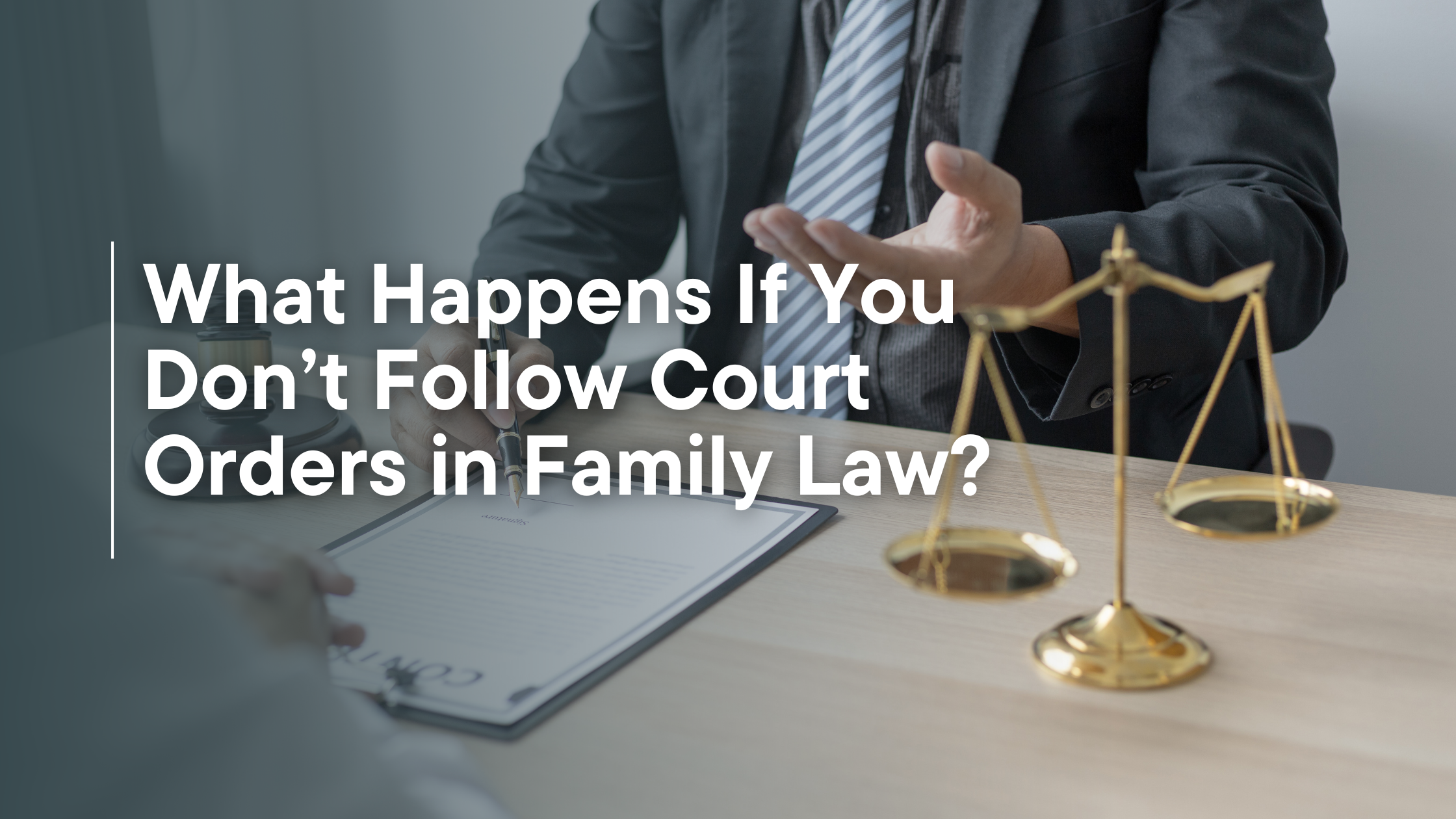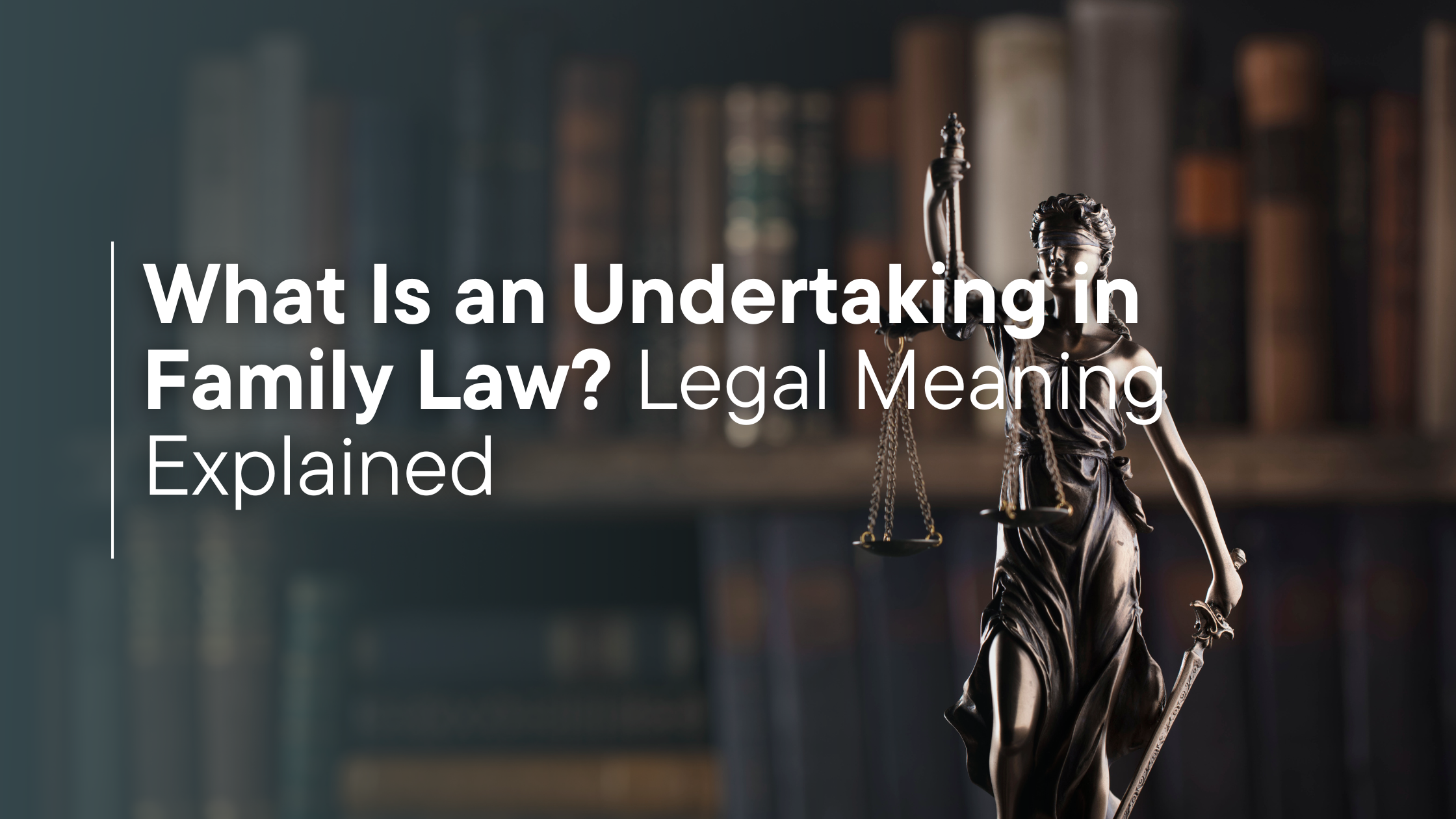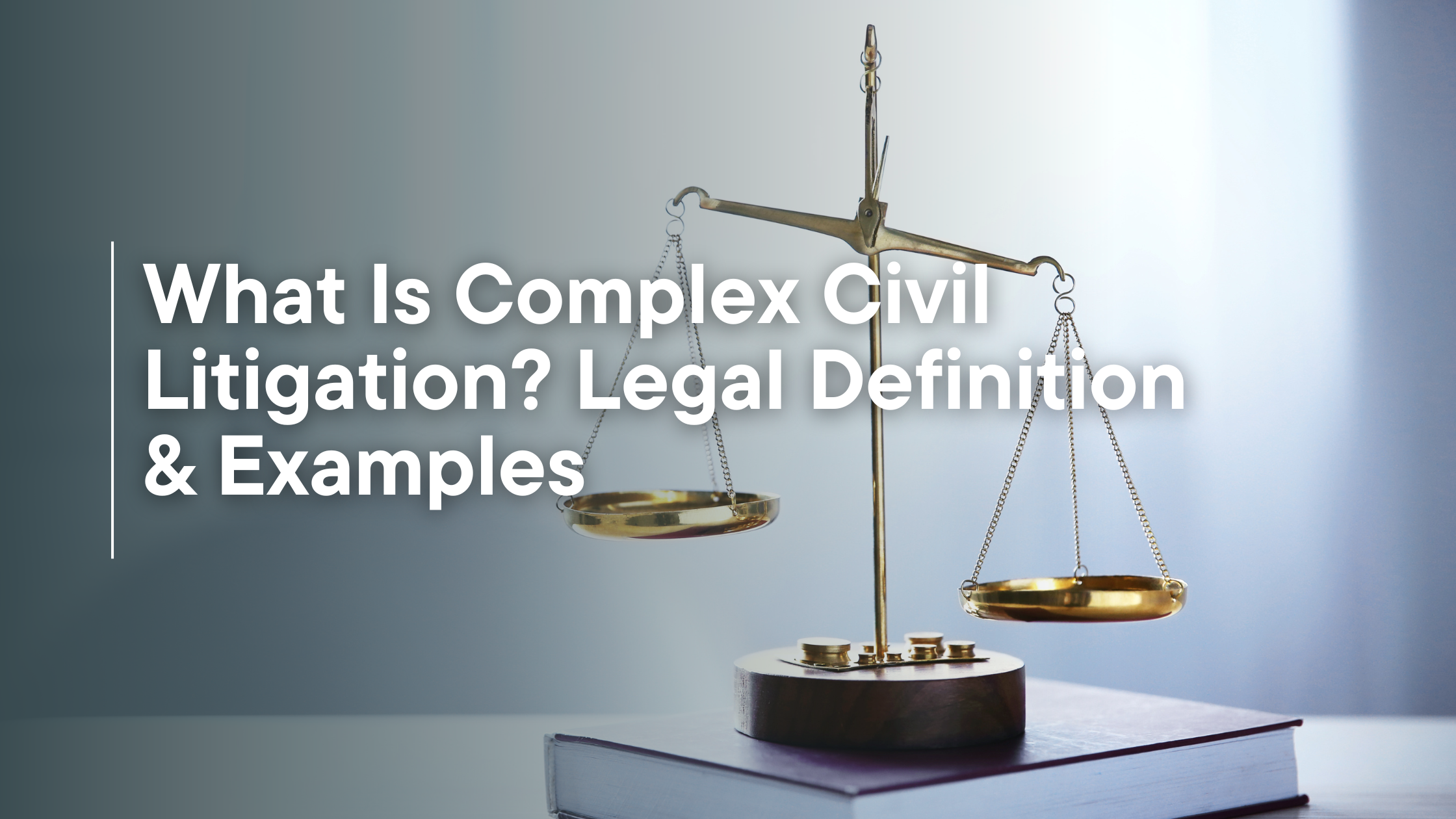Facing a family law dispute can be emotionally and legally overwhelming—but ignoring a court order can make matters significantly worse. At Barli Law LLC, we understand that life is unpredictable. Still, it’s critical to understand your legal responsibilities and the serious consequences that can arise if you don’t comply with court-mandated decisions.
In this post, we’ll explain what happens when someone doesn’t follow a family law court order, how enforcement works, and what you can do if you’re struggling to comply.
Why Court Orders in Family Law Matter

When a family court issues an order—whether it’s for child custody, visitation, child support, or spousal maintenance—that order becomes legally binding. These decisions are designed to protect the rights of all parties involved and to ensure fairness, especially for children.
Failing to comply with a court order isn’t just a personal decision—it’s a legal violation.
Examples of Common Violations

Here are some of the most common ways individuals unintentionally or intentionally violate family law court orders:
- Not paying child or spousal support
- Violating custody or visitation schedules
- Failing to return a child after visitation
- Ignoring protective or restraining orders
- Withholding important child-related information (like medical or educational records)
Example: A parent who repeatedly shows up late for scheduled custody exchanges may believe they’re just “running behind.” However, if these delays interfere with the court-ordered parenting time, they could be seen as violations.
Legal Consequences of Non-Compliance

Failing to follow a family court order can lead to serious and sometimes escalating consequences. These penalties are intended to enforce compliance and protect the affected party’s rights.
1. Legal Penalties
- Contempt of Court: The violating party can be held in contempt, which may result in fines or jail time.
- Court Sanctions: Judges may issue additional orders, impose penalties, or require the violator to cover legal fees.
2. Financial Consequences
- Wage Garnishment: Unpaid support may be deducted directly from the person’s paycheck.
- Property Liens: In extreme cases, the court can place a lien on property or seize assets.
- Tax Refund Intercepts: Courts can intercept federal or state tax refunds to collect overdue support.
3. Impact on Custody & Visitation
- Loss of Parenting Time: A parent who violates custody terms may lose time with their child.
- Modification of Custody: Courts may revise custody agreements to better protect the child’s well-being.
- Supervised Visitation: A judge may restrict visitation to supervised settings if trust has been broken.
What the Other Party Can Do

If your co-parent or ex-spouse is not following a court order, you have the right to enforce that order through the legal system. Options include:
- Filing a Motion for Contempt with the family court
- Requesting wage garnishment for unpaid support
- Working with a child support enforcement agency
- Involving law enforcement for violations of restraining orders or custody interference
At Barli Law LLC, we advocate fiercely for our clients’ rights. Whether you’re enforcing an order or defending against a contempt charge, we can guide you through every step.
If You’re Struggling to Comply—You’re Not Alone

Sometimes, life circumstances change. A job loss, health issue, or relocation may affect your ability to follow the original court order. If that’s the case, don’t ignore the situation—take legal action to modify the order.
Here’s what you should do:
- Speak with a family law attorney to explore modification options.
- Document changes in circumstances, such as reduced income or new responsibilities.
- Request a formal change through the court—never rely on verbal agreements.
*For example, if you can no longer afford child support due to job loss, the court may approve a temporary or permanent adjustment—but only if you file the proper motion.
Takeaways: Know Your Rights and Responsibilities

Violating a family law court order can result in serious legal and personal consequences. Whether you’re facing enforcement or struggling to comply, the best course of action is to be proactive, not reactive.
At Barli Law LLC, we’re here to help you navigate even the most complex family law challenges with clarity and compassion. Our team has a strong track record of resolving disputes while protecting our clients’ rights—and their peace of mind.
Let Us Stand By Your Side
Struggling with a court order or dealing with a non-compliant party? Let us help you take the right legal steps—before problems escalate.
Contact Barli Law LLC today for personalized legal guidance.
📞 (973) 638-1101
📧 office@barlilaw.com
🔗 Schedule a Consultation




